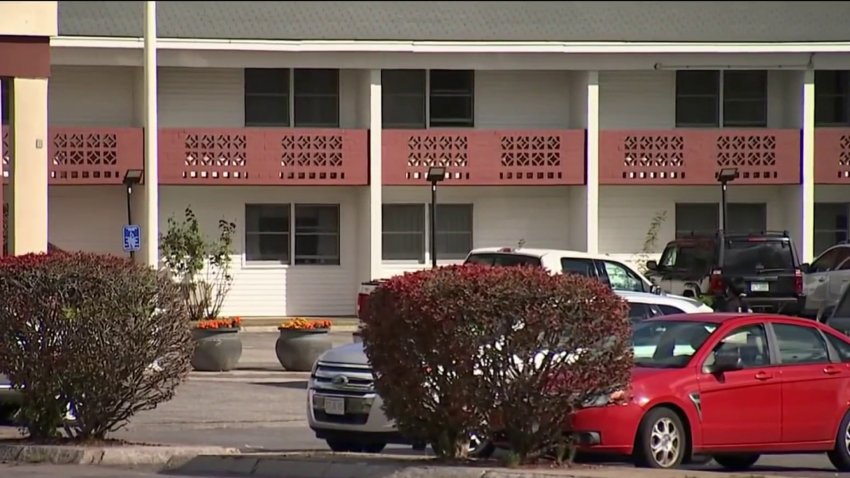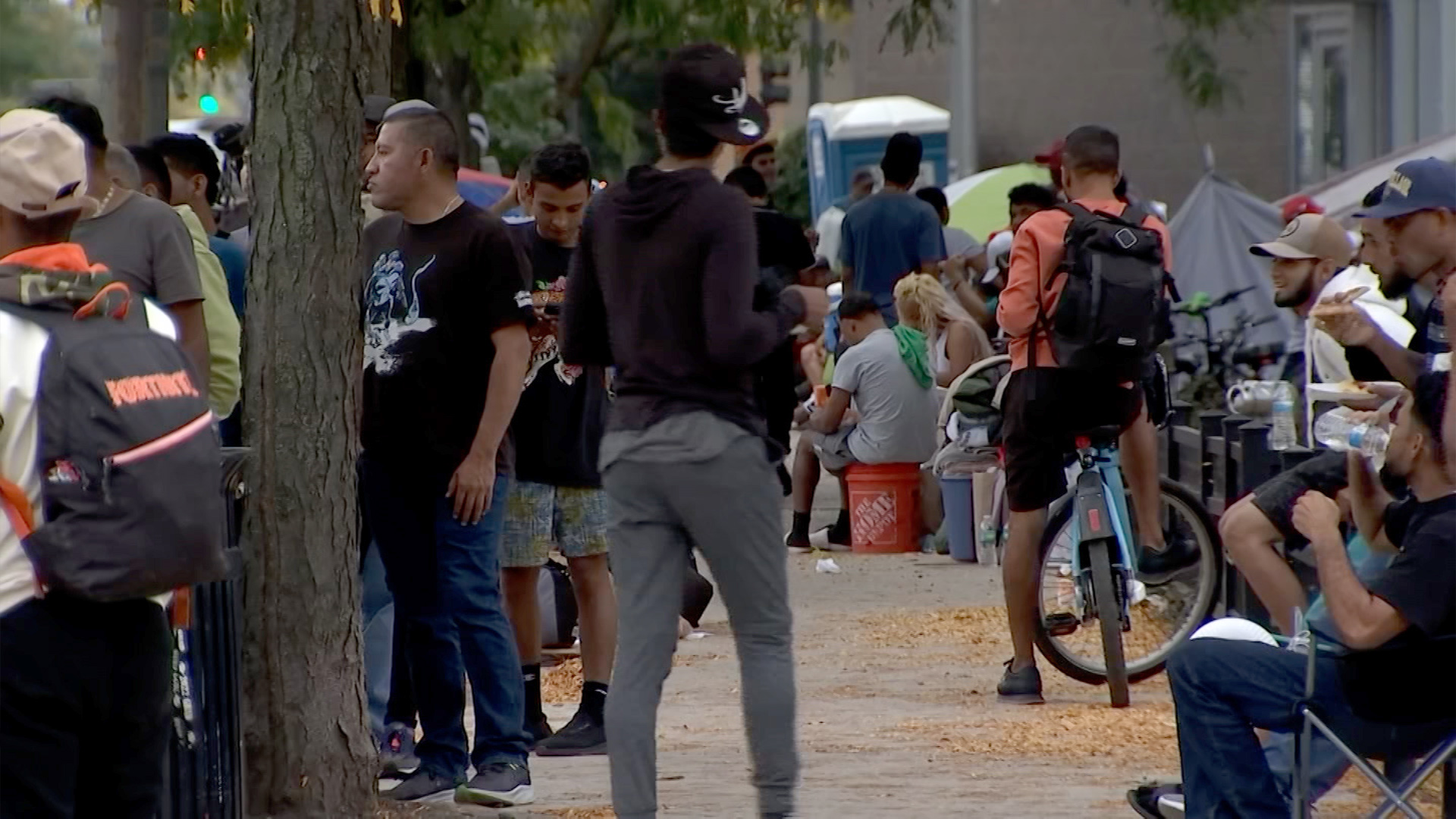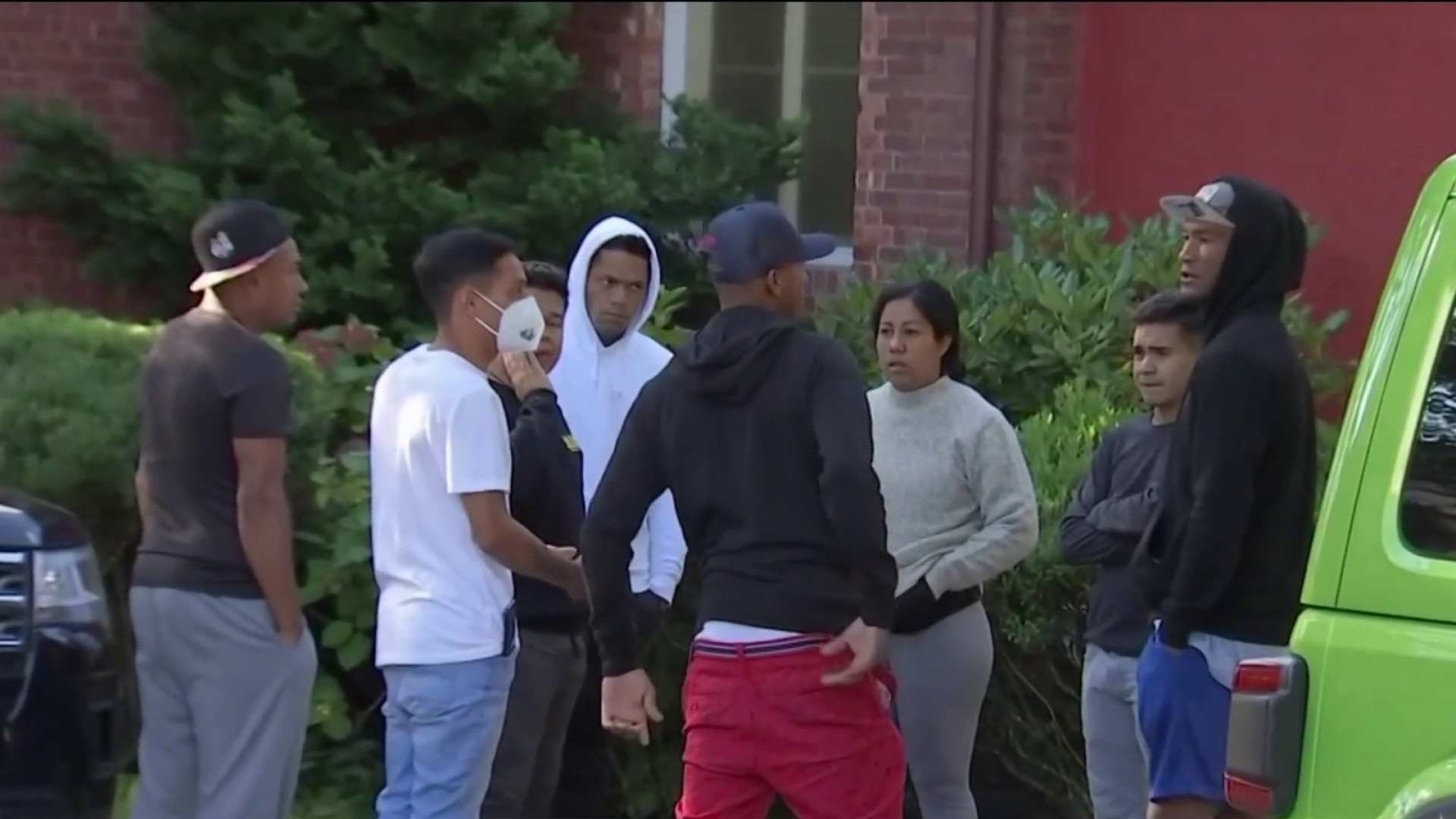A judge has sided with the Healey administration in a lawsuit challenging her plan to enact a cap on the number of people in emergency shelters.
The Healey administration can implement a waitlist for Massachusetts' crowded emergency shelter system after a judge declined to issue the temporary restraining order requested in a lawsuit filed on behalf of three families on the verge of homelessness.
In Wednesday's ruling, Suffolk Superior Court Justice Debra A. Squires-Lee said that the state had acted properly to deal with spiking demand for emergency housing. The lawsuit was filed by Lawyers for Civil Rights, who said the cap would violate Massachusetts' right-to-shelter law.
WATCH ANYTIME FOR FREE
Stream NBC10 Boston news for free, 24/7, wherever you are. |
"As much as I wish that possessed the power to ensure that all families who need housing have it, and that all families who require safe emergency shelter are given it, I am persuaded that it would be inappropriate to order [the Executive Office of Housing and Livable Communities] to continue providing emergency shelter it does not have the resources appropriated by the Legislature to fund," Squires-Lee wrote.
Get updates on what's happening in Boston to your inbox. Sign up for our News Headlines newsletter.
Gov. Maura Healey's administration has said the state's shelters are almost at capacity, and aims to ask people in need of shelter to go through safety risk screenings and medical assessments in order to prioritize who can access emergency shelter.
Lawyers for Civil Rights claimed that the Healey administration, including the agency overseeing the migrant family emergency shelters, the Executive Office of Housing and Livable Communities, are not abiding by state law, saying Tuesday that the waitlist was "rushed into place without any public process or requires notice to the legislature."

As of Oct. 29, there were 7,319 migrant families in the Bay State. Once that number reaches 7,500, the state will be at capacity for its ability to house migrants.
In court Tuesday, an assistant attorney general argued that Massachusetts does not have money to keep adding families to the emergency shelter system. However, when questioned by the judge if the state had enough funds to hold off on the waitlist for 90 days, Kim Parr couldn't say for sure.
Parr said there wasn't enough money in current appropriation to get through the end of the year with 7,500 families.
"We respect the court process and believe an appropriate outcome was reached. The state does not have enough space, service providers or funding to safely expand shelter capacity,” a representative for the Executive Office of Housing and Livable Communities said in a statement.



